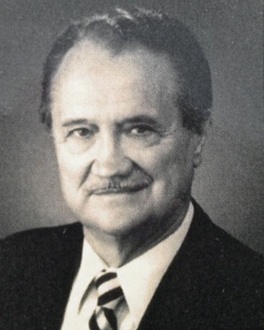
Rychlak’s most accessible work was probably Discovering Free Will and Personal Responsibility. The final chapter, “Our Human Nature and How to Keep It So,” discussed ten points that speak directly to our humanity. The first two reaffirm our free will. Classical and operant conditioning do not totally define human behavior. There is more. Rychlak’s first two points speak to that free will and the limits of stimulus-response interpretations of our behaviors.
1. Freedom of the will means being able to change those premises for the sake of which we behave. Personal responsibility means that we acknowledge our role in the fixing of premises. There are obvious limitations to such freedom.
Rychlak stated, “We are never directly controlled by circumstances. . .” We come at the world, we give it meaning. If we give it meaning, then we can shift those meanings. Life is not just a matter of stimulus and response and unbreakable patterns. Sometimes it is hard. Sometimes genetics overrides. But we have more freedom to make choices than we realize.
2. Never confuse values with the valuation process. Values can be changed but as pure final causation the valuation process will always be with us.
“Values cannot be reinforced into the belief systems of individuals when the individual intends otherwise!” We can understand another’s values, even admire their positions, but only through our own re-evaluation and intentional change can we move to a new value, not through conditioning. Kubrick expressed this idea in his classic film, A Clockwork Orange.
My take-aways:
(1) We have options. We have far greater freedom than we realize. Rising above difficulty or challenge may not be easy but it may be possible. In organizations, leaders can facilitate this process, change the vision, transition to a new place, build to a new future.
(2) Values are the most deep-seated of our beliefs. Change comes slowly, if at all. Values change only when we intend for them to change. Want to build a highly ethical workplace? Hire ethical people.
Image of Joseph Rychlak from the 1990s. Image used with permission.
Rychlak, J. F. (1979). Discovering free will and personal responsibility. New York: Oxford University Press.
 RSS Feed
RSS Feed